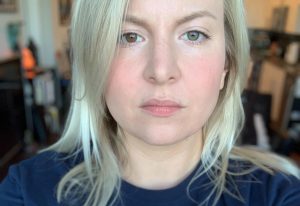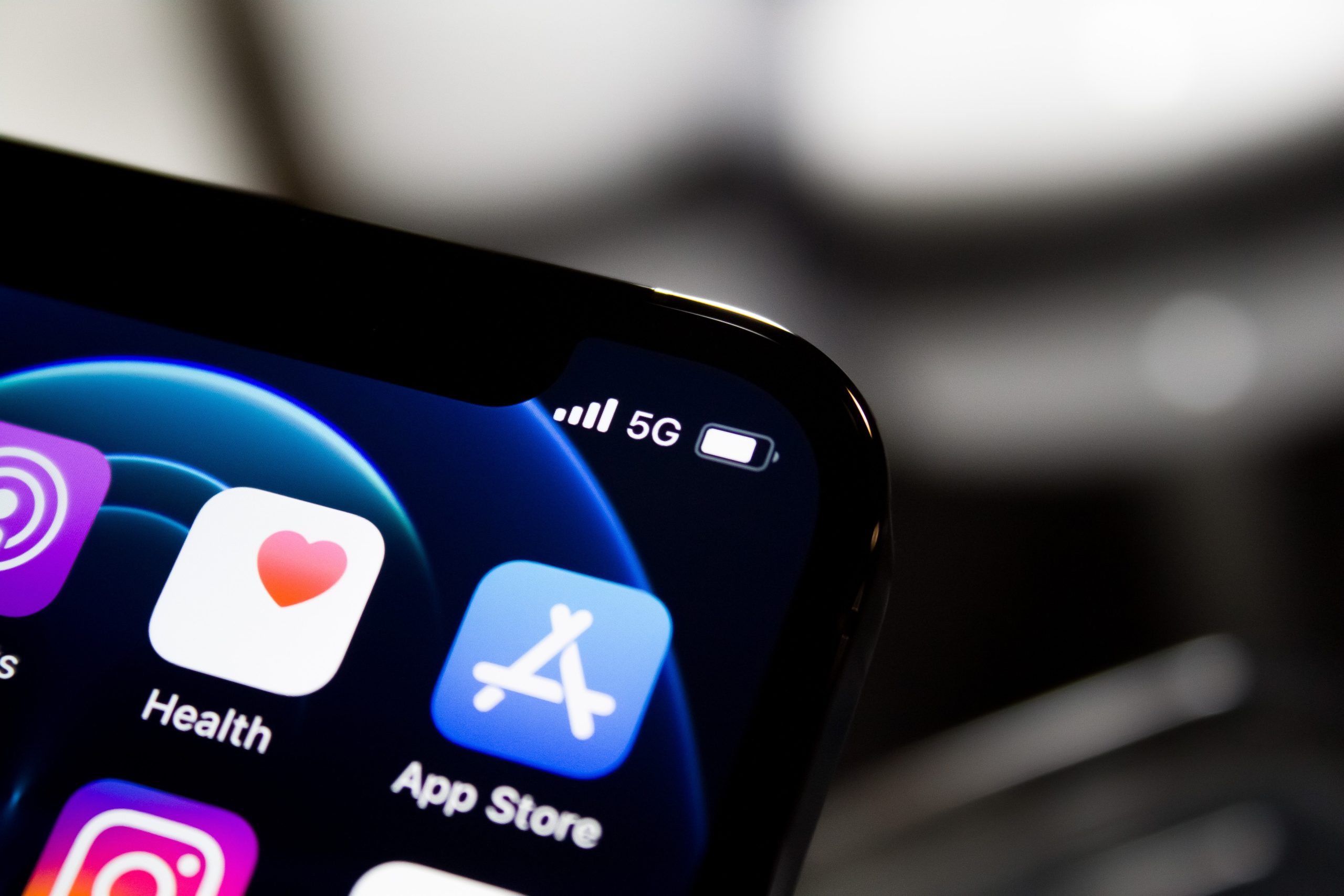A new report from civil rights group GreatFire has revealed that Apple acts on virtually every takedown request it receives from the Chinese and Russian governments for apps in its App Store, a far higher compliance rate than with requests from other governments.
The report, Taken Down: A Look into Apple’s Transparency, is published this month as part of GreatFire’s AppleCensorship campaign. Written in collaboration with Apple whistleblower Ashley Gjovik, it reveals that the tech company receives an app “takedown” request from a government every 2.5 days on average and removes an app from the App Store every 16 hours. Overall, Apple complies with 74% of these requests, but in the cases of China and Russia the rate is 98% and 95% respectively.

Apple whistleblower Ashley Gjovik is co-author of the new report
Gjovik, who wrote the report’s foreword, was fired by Apple after complaining about toxic waste under her office. Her case was first raised by Index last year. She said of the findings: “Human rights are not determined by borders on maps, or by borders between the physical and online worlds. Freedom of expression is a fundamental right which must be protected: everywhere. Private corporations should not be allowed to deprive people of their rights, nor should we tolerate off-the-record, backroom discussions between corporations and authoritarian governments. We must demand transparency, respect, and dignity.”
Benjamin Ismail, AppleCensorship project coordinator and GreatFire’s campaign and advocacy director, added: “[Apple] must acknowledge the deeply flawed management of its App Store and start taking the necessary steps to prevent government-led and corporate censorship from depriving millions of users of their fundamental rights to access to information and freedom of expression.”
The report calls for more detailed disclosures in Apple’s Transparency Reports, which simply publish the number of take-down requests and the number of apps removed but provide no further information. There is no information, for instance, about the apps themselves, what laws they are alleged to have breached or the legitimacy of the government requests.
Ashley Gjovik first began to raise questions about toxic vapour intrusion under her office, which, like much of Silicon Valley, was built on polluted industrial land. She had become ill after discovering a similar problem under her apartment block and began to ask questions when Apple staff were asked to return to work after the Covid-19 pandemic.
After a six month battle over the contamination, her contract was finally terminated on the grounds that she had disclosed “confidential product-related information”. This refers to concerns Gjovik raised about experiments carried out on Apple employees involving facial identification and studies of ear canals. Gjovik now believes the corporation retaliated against her for raising her concerns about the risk to her and her fellow employees from the pollution. But instead of walking away she has continued to pursue Apple over its record on safety, privacy and labour rights, both in the United States and Europe.
Gjovik, who was training as a lawyer while working at Apple and now specialises in human rights law, has since taken on numerous cases against Apple. She told Index: “They all focus on one end goal: initiating a serious, global conversation about how to reset domestic and international relationships with these megacorporations. We need to demand transparency, accountability, legal compliance and a workforce that is treated with dignity.”






